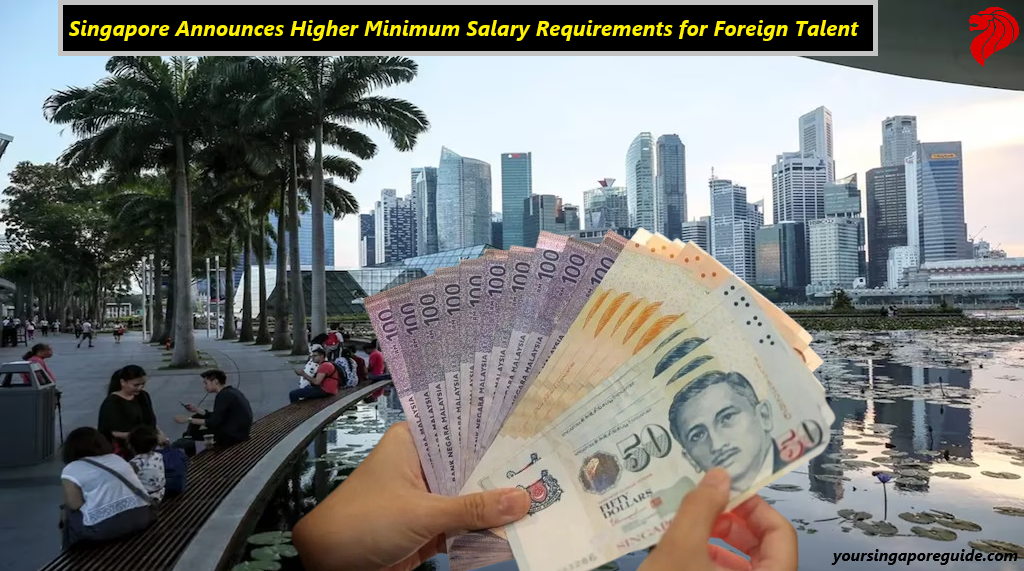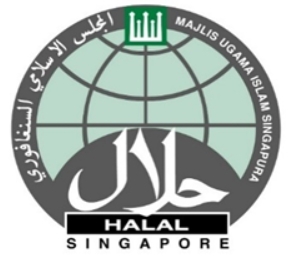Contents
Higher Minimum Salary Requirements for Foreign Talent in Singapore
Singapore is known for its strong economy and diverse workforce. To maintain its competitive position, the government has announced new salary requirements for foreign talent. Starting in 2025, the minimum salary for work passes will increase. This change aims to attract skilled workers while ensuring fair opportunities for local employees. This article provides the details of the new salary requirements, their impact on foreign workers and employers, and what this means for Singapore’s job market.
Overview of the New Salary Requirements
The Ministry of Manpower (MOM) in Singapore has set new salary thresholds for foreign workers applying for work passes. These changes will affect both the Employment Pass (EP) and the S Pass.
Employment Pass (EP) Changes
The Employment Pass is a work visa for foreign professionals, managers, and executives. Starting January 1, 2025, the minimum salary requirements will be as follows:
- Non-Financial Services: The minimum salary will increase from S$5,000 to S$5,600.
- Financial Services: The minimum salary will rise from S$5,500 to S$6,200.

S Pass Changes
Increased Minimum Salary for S Pass Holders
- The S Pass is for mid-skilled foreign workers who earn less than EP holders. S Pass holders also need to meet certain requirements.
- The minimum salary for S Pass holders will also increase in 2025. The new minimum salary is S$3,300 per month for most sectors. For the financial sector, the minimum salary is S$3,800 per month.
- Levy Rate Changes: Employers who hire S Pass holders also need to pay a levy. This levy will increase from S$550 to S$650 per worker.

COMPASS Framework for EP Applications
COMPASS stands for Complementarity Assessment Framework. It is a new points-based system for EP applications.
How does it Works?
COMPASS evaluates applicants based on several factors:
- Salary: How competitive the salary is compared to local professionals.
- Qualifications: Higher education levels score more points.
- Diversity: Companies that hire a mix of local and foreign talent score higher.
- Support for Local Hiring: Companies that show commitment to hiring Singaporeans get more points.
Why Use COMPASS?
COMPASS helps ensure that foreign workers contribute positively to Singapore’s economy. To get an EP, applicants need to score at least 40 points under the COMPASS framework.
Reasons Behind the Salary Increases
The decision to raise the minimum salary requirements stems from several factors.
- Economic Growth: Singapore’s economy is growing rapidly. To sustain this growth, it needs skilled workers who can contribute effectively. Higher salary thresholds help attract top talent from around the world.
- Protecting Local Workforce: By increasing the salary requirements for foreign talent, Singapore aims to protect its local workforce. This ensures that local workers have better access to job opportunities and are not undercut by lower-paid foreign workers.
- Aligning with Market Trends: The new salary benchmarks are also aligned with market trends. As living costs rise in Singapore, it is essential that salaries reflect these changes to maintain a high quality of life for all workers.
- Impact on Foreign Workers and Employers: The new salary requirements will have significant effects on both foreign workers and employers in Singapore.
Effects on Foreign Workers
Foreign workers looking to apply for jobs in Singapore will need to meet the new salary thresholds:
- With higher salary requirements, only highly skilled candidates may qualify for work passes.
- While some may find it challenging to meet these requirements, others may benefit from better-paying jobs that match their skills.
- Existing EP and S Pass holders will also need to meet the new requirements when they renew their passes.
Effects on Employers
Employers will face challenges as they adapt to these new rules:
- Higher Labor Costs: Companies may need to adjust their budgets to accommodate higher salaries for foreign hires.
- Recruitment Strategies: Employers may need to refine their recruitment strategies to attract qualified candidates who meet the new criteria.
- Workforce planning will become more important. Companies will need to balance costs and productivity.
Encouraging Local Hiring
- To balance costs and stay in line with regulations, employers might focus more on hiring local talent.
- Companies may invest in training programs for local employees to fill skill gaps.
- This shift can help strengthen Singapore’s workforce by providing more opportunities for residents.
Preparing for the Changes
As these changes approach, both employers and foreign workers should prepare accordingly.
- For Foreign Workers: Research Job Markets: Understand which industries are hiring and what skills are in demand. Consider taking courses or certifications that enhance employability and align with market needs.
- For Employers: Assess current salaries and ensure they meet the new requirements. Create strategies that focus on attracting qualified candidates while considering local talent.
Conclusion
The announcement of higher minimum salary requirements for foreign talent in Singapore marks an important step towards building a stronger workforce. By raising these thresholds, Singapore aims to attract skilled professionals while protecting its local workforce.
Both foreign workers and employers must adapt to these changes as they approach in 2025. As Singapore continues to grow as a global hub for business and innovation, these measures will help ensure a fair and competitive job market for all!





